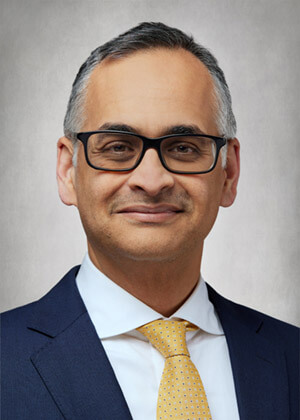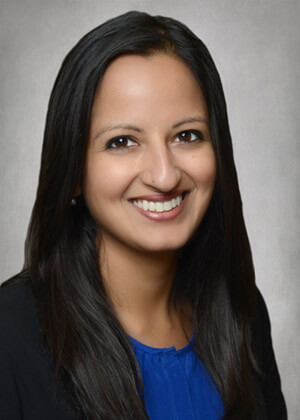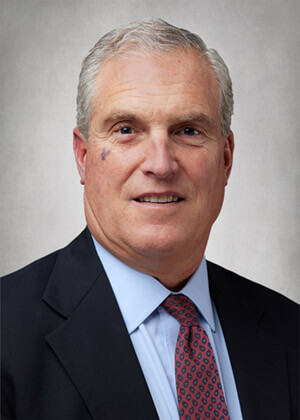Glaucoma
Glaucoma is known as the silent thief of vision, and affects nearly three million Americans, but only half of them know they have it. In its early stages, the symptoms of glaucoma are not obvious. Eye exams are the only way to detect glaucoma before it affects your vision. With early detection and treatment, vision loss can be prevented.
At OCB, our fellowship trained glaucoma specialists offer our patients the ongoing comprehensive care required to successfully manage even the most complex cases of glaucoma and protect against further loss of vision.
What is Glaucoma?
Glaucoma is a condition characterized by a build-up of fluid in the eye. That extra fluid increases the pressure in the eye which in turn damages the optic nerve and leads to a slow, progressive loss of vision. When glaucoma develops, you usually don’t have any early symptoms. In this way, glaucoma can steal your sight very gradually.
There are several types of glaucoma.

Who is at Risk?
People who are more risk for developing glaucoma include people who:
- are over age 40.
- have family members with glaucoma.
- are of African or Hispanic heritage.
- are of Asian heritage (Asians are at increased risk of angle closure glaucoma and Japanese are at increased risk of low tension glaucoma).
- have high eye pressure.
- are farsighted or nearsighted.
- have had an eye injury.
- have diabetes, high blood pressure, poor blood circulation or other health problems affecting the whole body.
Symptoms & Diagnosis
With the most common form of glaucoma, open-angle glaucoma, there are no early symptoms. The only way to know if you have glaucoma before it causes irreversible vision loss is to have an eye exam.
On the other hand, a far less common form of glaucoma, closed-angle glaucoma, has severe symptoms and is a medical emergency. Call your OCB eye doctor right away should you experience the following symptoms of an acute attack::
- Your vision is suddenly blurry
- You have severe eye pain
- You have a headache
- You feel sick to your stomach (nausea)
- You throw up
- You see rainbow-colored rings or halos around lights
If you are at risk for glaucoma, due to risk factors you should not wait to have an eye exam. Otherwise:
If You Have no Risk Factors or Symptoms
You should have a comprehensive eye exam by age 40. This is the time when early signs of disease and changes in vision may begin. Based on the results of the initial screening, your OCB eye doctor will let you know how often to return for follow-up exams.
During your comprehensive eye exam, you OCB eye doctor will evaluate pressure in the eye through tonometry. (See Comprehensive Eye Exam). Normal pressure is 8 to 21 millimeters of mercury (mm Hg) but people with eye pressure in this range may still develop the disease. On the other hand, those who have slightly elevated pressure may not be destined to get glaucoma. How much stress the optic nerve can withstand varies from person to person.










